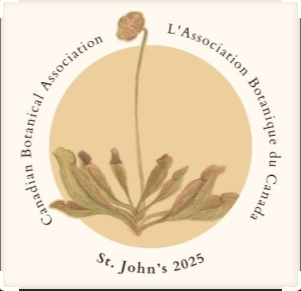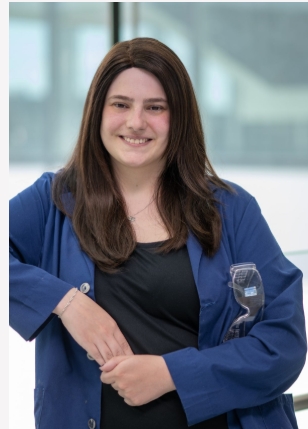Department of Biology
Biology, simply translated from the Greek origins of the word, is “the study (ology) of life(bio)”. In the Biology department at Memorial University, you can find biologists at sea surveying the depth of the ocean, or at the lab bench, sequencing DNA. You can find them out on the prairies tracking large mammals, along a stream in their hip waders sampling aquatic insects and fish, or tramping through the forests both boreal and tropical, investigating plant, animal, and insect life. Many of our biologists travel between the field and the lab; for example, sampling wild birds and then bringing these back to the lab to screen for viruses such as avian influenza. Our biologists also work with large data sets and spend their research time in front of a computer, developing models or analyzing big data to help us understand such complex phenomena as disease spread, genetic variation, or animal movement.
The Department of Biology at Memorial offers a wide breadth of courses for our undergraduate students, and prides itself on its “hands-on” training, both in the lab and the field, making use of courses at Harlow and Bonne Bay. We have a large graduate program, with students carrying out novel research across the full spectrum of biology. Our faculty, staff, and students are also engaged with the community, whether through collaborations with the Botanical Gardens, at our new apiary, or via outreach programs such as Let’s Talk Science and the Science Rendezvous.

